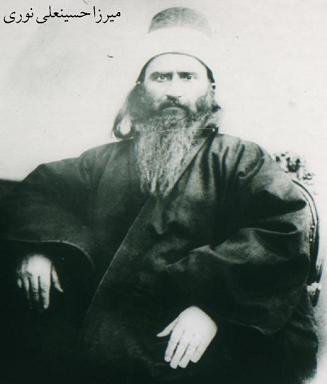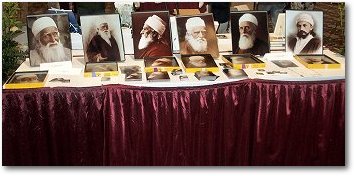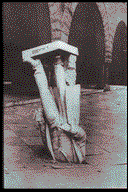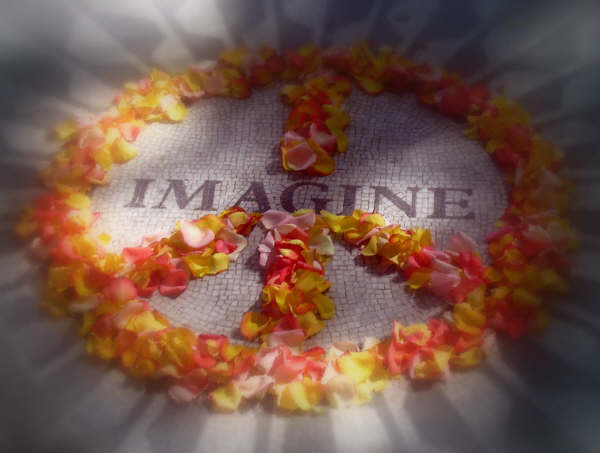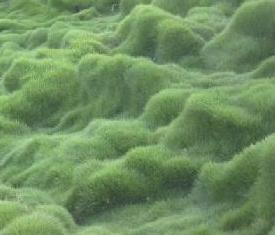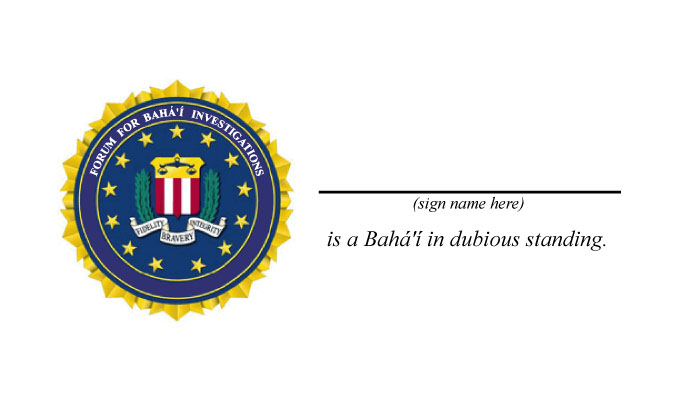As a young Bahá’í on pilgrimage, I remember not being delighted by the photograph of Bahá’u’lláh that only pilgrims and janitors are permitted to see. Having grown up with charming images of `Abdu’l-Bahá, my expectations were high, and unfair to Bahá’u’lláh.
Portraits of `Abdu’l-Bahá are as common in Bahá’í households as crosses are in churches. “place the picture of `Abdu’l-Bahá in your home,” Bahá’ís are told (Lights of Guidance, page 520). They are instructed to post these portaits up high in prominent locations. This is done out of what they call “respect.” In spite of this idolatrous practice, Bahá’ís consider themselves special for not displaying portraits of Bahá’u’lláh.
I don’t intend to criticize Bahá’u’lláh for his lack of physical charm, but when I hear Bahá’ís wonder at the attractiveness of `Abdu’l-Bahá, I am moved to ask, “why do you place significance on such matters?”
I can’t help but be skeptical regarding the motives behind the Bahá’í prohibition against portraits of Prophets. Given the Bahá’í affection for graven images, I’m inclined to wonder whether the prohibition would have ever been laid down had Bahá’u’lláh been better looking.
Bahá’ís are told not to keep photos of their Prophets because such photos could too easily become idols; believers would focus on the appearance of their prophet, and be distracted from his message. Yet, the anticipation of Bahá’ís to view the one Holy Image in the International Archives Building in Israel is only heightened by that prohibition of graven images, and Bahá’ís shudder at the prospect of seeing the image of Bahá where they ought not, as though the image itself has some kind of ominous power!
